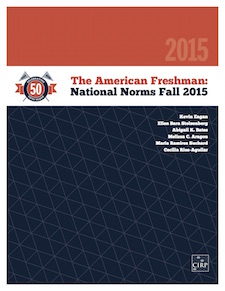 Each year the characteristics and attitudes of first-year college students are surveyed by the Cooperative Institutional Research Program at the Higher Education Research Institute at the University of California at Los Angeles. This nationwide survey compares current first-year students in terms of characteristics such as family income, grades in high school, and future goals. In addition, the survey contains statistics on a wide variety of personal traits such as study habits, political views, and social activities. They survey has now been conducted for 50 years.
Each year the characteristics and attitudes of first-year college students are surveyed by the Cooperative Institutional Research Program at the Higher Education Research Institute at the University of California at Los Angeles. This nationwide survey compares current first-year students in terms of characteristics such as family income, grades in high school, and future goals. In addition, the survey contains statistics on a wide variety of personal traits such as study habits, political views, and social activities. They survey has now been conducted for 50 years.
Unfortunately, the race-related data in the UCLA survey is limited to students at historically Black colleges and universities and includes no information on differences between Black and White students at predominantly White colleges and universities.
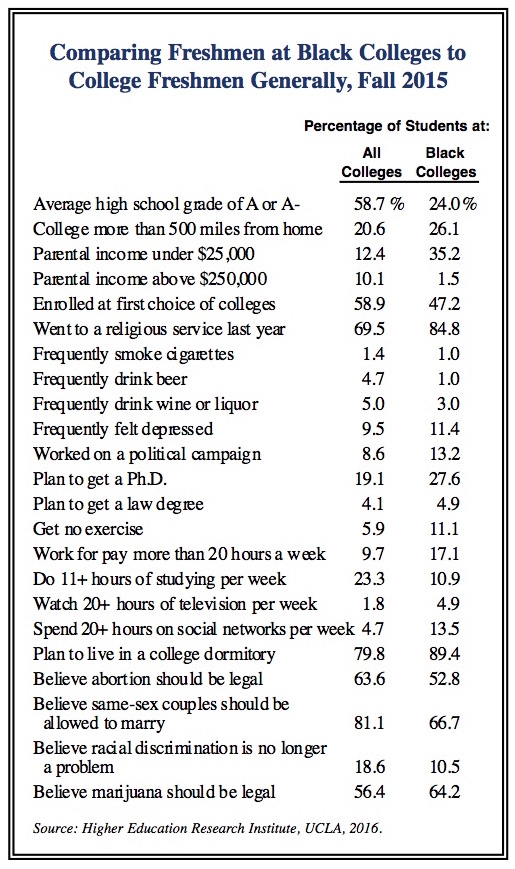 Well more than half of entering college students report that they had A or A- averages in high school. This is more than double the percentage for entering students at HBCUs.
Well more than half of entering college students report that they had A or A- averages in high school. This is more than double the percentage for entering students at HBCUs.
More than a third of entering students at HBCUs estimate their family’s income as under $25,000 compared to 12.4 percent of all entering college students. In contrast, more than 10 percent of all entering college students estimate their family’s income at more than $250,000. Only 1.5 percent of first-year students at HBCUs report income at this high level.
This year’s data shows that students at Black colleges are less likely than college students generally to smoke cigarettes or drink alcohol. Entering students at Black colleges spend far more time on social networking websites and watching television than first-year college students generally. Students at HBCUs are nearly twice as likely as entering college students generally to report that they get no exercise whatsoever.
The data shows that students at Black colleges are more likely than college students generally to travel 500 miles or more from home to attend school. Students at HBCUs are more likely to go to church and are less likely than college students generally to support same-sex marriages or the right to have an abortion.
One must remember that many historically Black colleges and universities are affiliated with conservative religious organizations. Given this fact, it is no surprise that African-American students at these colleges are more likely to hold more conservative views and positions than is the case for African-American college students generally. On many issues, students at Black colleges tend to be more conservative than college students generally.
The complete report, The American Freshman: National Norms, 2015, may be downloaded by clicking here.

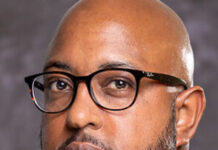
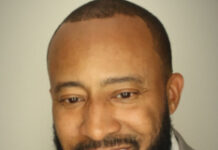

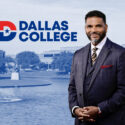
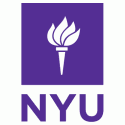
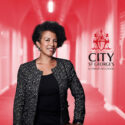





There is never a complete guarantee of accuracy in these surveys. This survey is completely baseless. The habits and beliefs of first year students at HBCUS and majority colleges need not be compared because they are likely to change. Not to mention, the majority of black students are in majority colleges anyway. These studies have no value; they are indeed divisive.
What is the point of this pseudo-study? Comparing the FRESHMAN HABITS and BELIEFS of students at black schools and students at majority white schools has no bearing on their abilities. Freshmen are a small representation of the black academic population. Compared with white schools, there is a much larger population of all students. I agree that this study is divisive.
There is some relevant information in this study giving that lack of fiscal resources is ne of the major contributors to Black students not completing college.
The study clearly states: “More than a third of entering students at HBCUs estimate their family’s income as under $25,000 compared to 12.4 percent of all entering college students. In contrast, more than 10 percent of all entering college students estimate their family’s income at more than $250,000. Only 1.5 percent of first-year students at HBCUs report income at this high level.”
yes. that is THE MOST IMPORTANT part of this study!
Furthermore, a DoE paper reports:
~ “Fifty percent of black faculty in traditionally white research universities received their bachelor’s degrees at an HBCU”
~ “Today, HBCUs enroll 20 percent of black undergraduates. However, HBCUs award 40 percent of baccalaureate degrees earned by black college students.”
~ “HBCUs have provided undergraduate training for three fourths of all black persons holding a doctorate degree; three fourths of all black officers in the armed forces; and four fifths of all black federal judges.”
~ “HBCUs are leading institutions in awarding baccalaureate degrees to black students in the life sciences, physical sciences mathematics, and engineering.”
Insight into that frosh population helps plan for courses of action to continue that path to success . . .